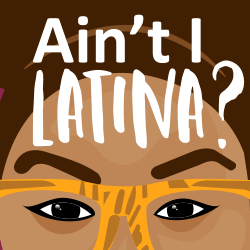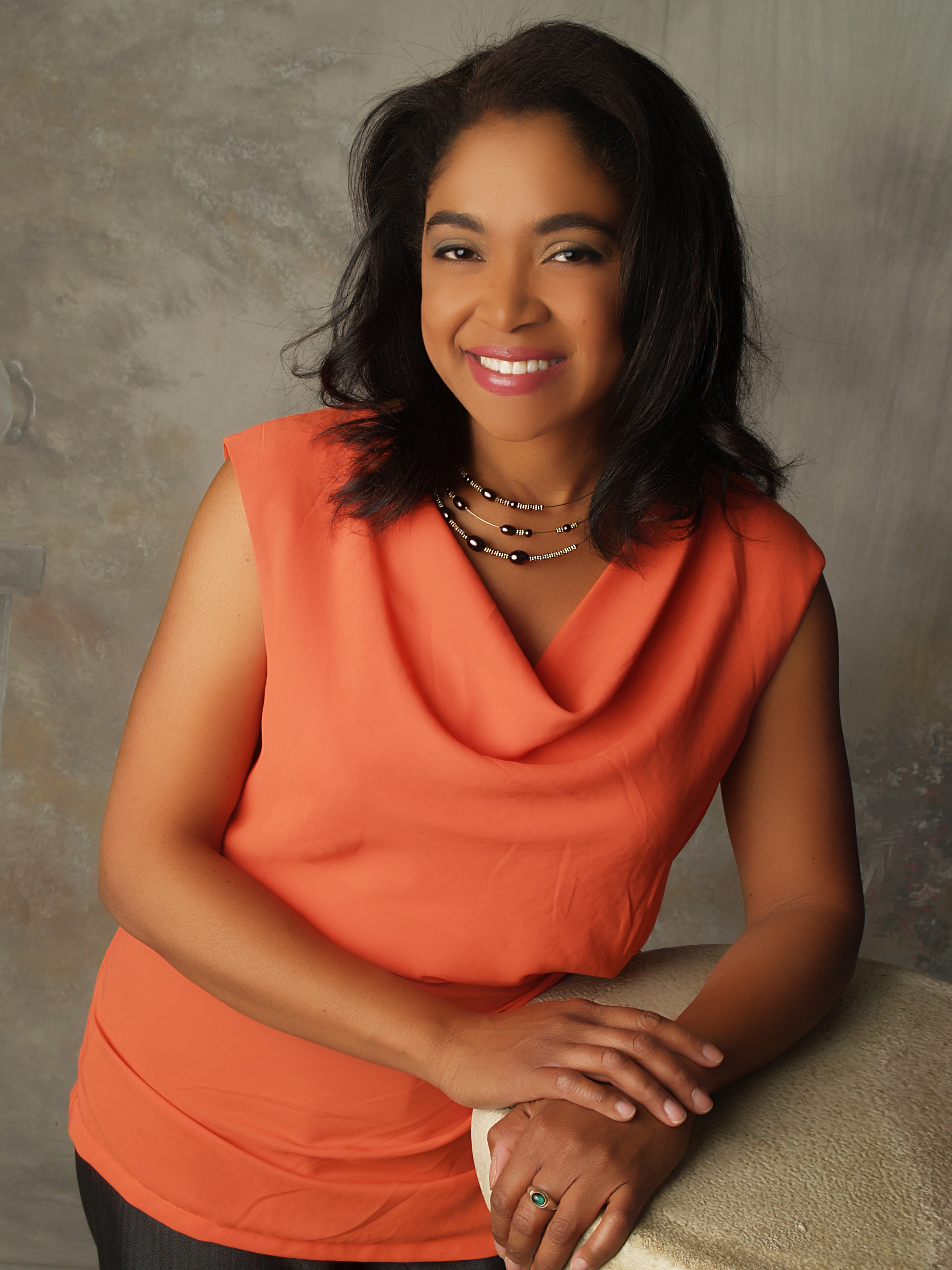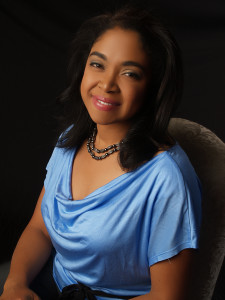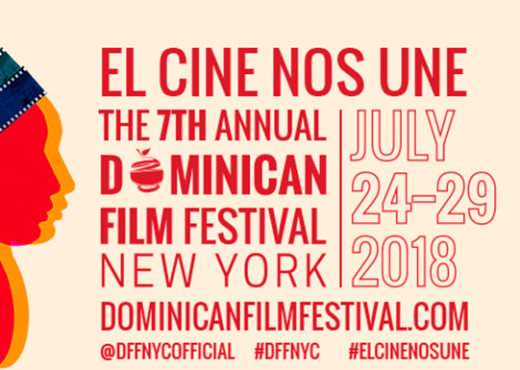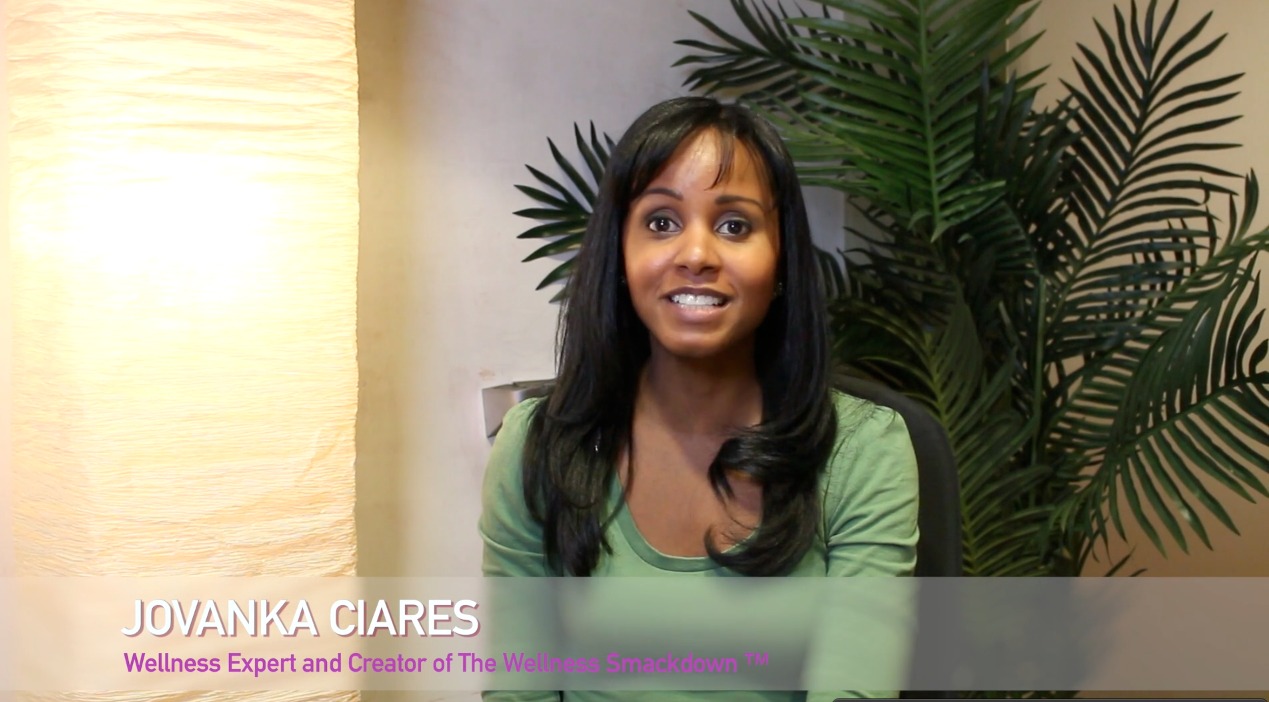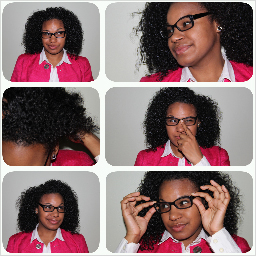What is your earliest memory of identifying as Afro-Latina/Afro-Boricua? How did you come to identify as such?
When we first came to the US in 1976. I started elementary school in the fall of that year. I remember waiting in line for the teacher with the rest of the students, and a little blond-haired boy came up to me and tried to say something to me. Since I didn’t respond, he kicked me in the shin. I remember crying and feeling very angry and confused, but not knowing the words to say anything back. I think it was after that incident that I decided that I didn’t want to learn English because the children who did speak English were not very nice to me. I befriended a young Mexican girl named Martha. She spoke Spanish and helped to translate for me. It took me four years to feel comfortable enough to speak English. My ESL teacher, as well as my regular teachers, were very understanding. I was a quick learner so doing well in school wasn’t the problem. It was the social aspects that kept me from wanting to speak English. One time, a young Vietnamese boy asked me if I knew what ‘I’m funna’ (short for I’m feeling to do something) meant. I said I didn’t and I remember him saying, “but you’re Black. All Black people know what ‘I’m funna’ means!” It was those earliest memories that brought me to the realization that I was more than just Latina here in the US. I was also Black. That started me on the path to understanding if those two identities could coexist in one person.
Who inspires you?
I am inspired by my mother, first and foremost. I am then inspired by all the women who work to ensure that all children have access to free, high-quality education. Marion Wright Edelman is a woman who comes to mind. Diane Ravitch is another. Education was literally a life saver for me. My mother sacrificed everything to get her children to a place where they had a shot at a better life than we would have had if she stayed in Culebra. That is how important education is to our family. That is how important education has become to me. Education has now become my career. I am pursuing my doctorate in education and plan on continuing to teach at the college level.
Which Latina matriarch do you most identify with and why?
Currently, I think the honorable Supreme Court Justice Sonia Sotomayor is a woman that I can most identify with. She is bright, courageous, and was a product of humble beginnings. In her position on the Supreme Court, she does her best to honor the law and protect the minority for the tyranny of the majority. Some of her written dissensions speak to her informed perspective as a Latina, as a woman from humble beginnings, and as a woman. She is someone who is using her earned position of privilege to improve the lives of all people, not just a few. I hope to one day be in the same position as her and make a difference in people’s lives.
What’s one piece of advice you’d give to your younger self?
One piece of advice…that is hard. I guess it would be to have faith in the process. It can be very scary to go through life not really understanding why things happen. It can feel like you have very little control over your life…and sometimes you don’t. But more often than not you do. Just trust that you will be okay, that you will encounter people who will help you, so long as you ask for help. Being afraid is okay, too. In the end, you become, in the words of the Honorable Supreme Court Justice Sotomayor, a wise Latina.
Pages: 1 2
